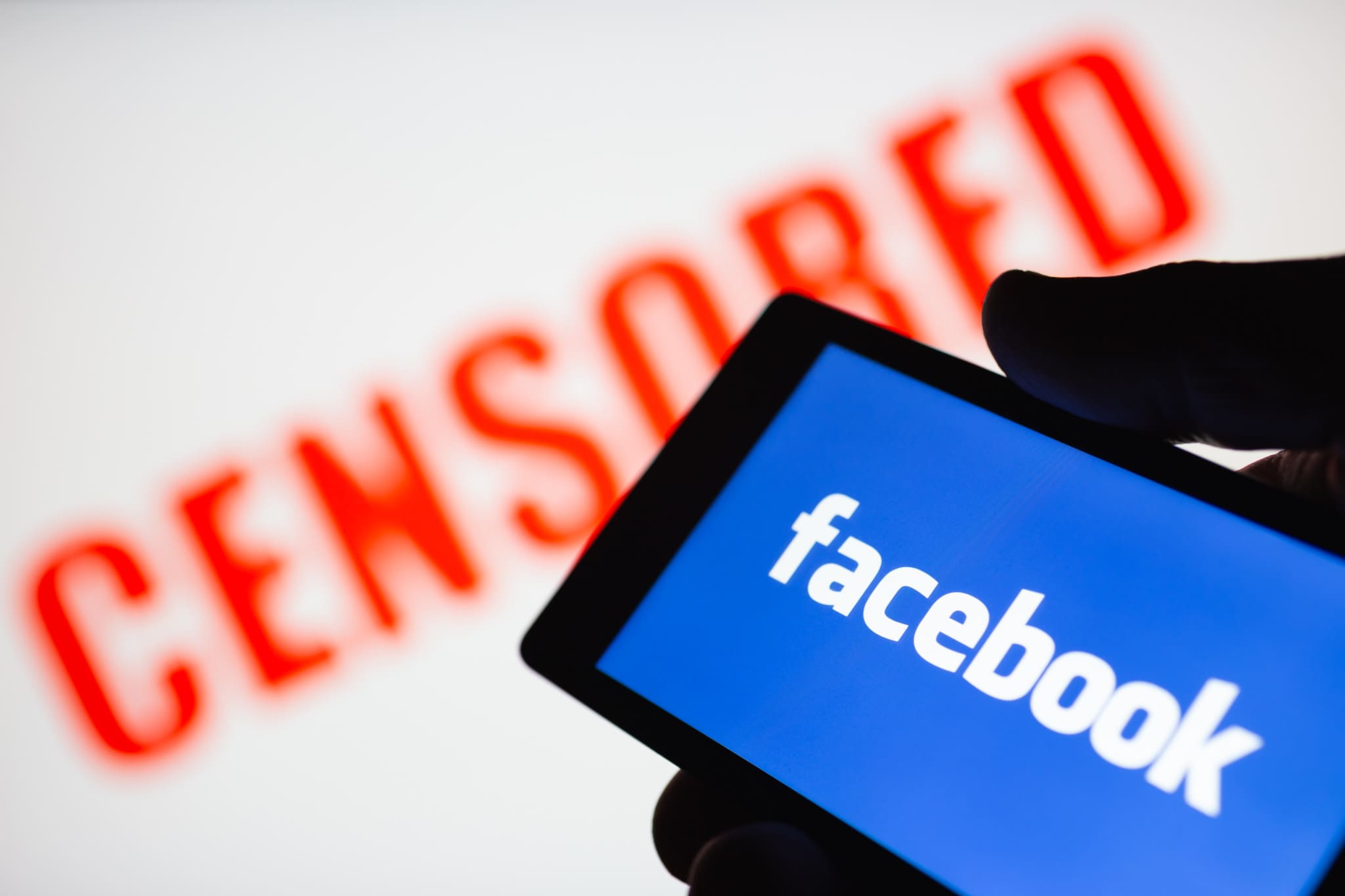After Facebook recently banned two very large pages which belonged to the right-wing Confederation party, the move was met with cross-party condemnation from a wide range of Polish politicians, and placed new pressure on the government to draft a law to combat censorship on the web.
Justice Minister Zbigniew Ziobro had declared that “this was the best time to accelerate work on the draft bill concerning freedom of speech on the internet and direct it to parliament as quickly as possible.”
A parliamentary commission also convened, and one of its members, MP Dobromir Sośnierz of the Confederation party, tried to invite Facebook representatives to participate. This did not happen, however, as Facebook’s headquarters in Warsaw turned out to be virtually impenetrable, with Polish politicians unable to speak or contact Facebook employees. The MP learned that the Warsaw employees worked remotely, correspondence could not be left at the headquarters, and contact could only be achieved through a page on Facebook’s website.
Poland has long been concerned about efforts from Big Tech to censor speech, particularly political speech, given the troublesome history of companies like Facebook, Twitter and Google. Both Facebook and Twitter had previously censored U.S. president Donald Trump and then banned him entirely, along with other prominent conservatives. Even before the banning of the Confederation party on Facebook, the platform had already banned conservative-leaning Polish pages on the platform in the past.
On Sunday, Deputy Justice Minister Michał Woś stated that the draft bill prepared by the Polish Ministry of Justice is ready to be accepted by the government and directed to parliament as a government project.
The draft bill concerning freedom of speech online was first presented last year, and work to finalize the bill was conducted in the last month. The original text of the bill foresaw massive fines for Big Tech companies that violated free speech on the web, numbering into the millions of euros, but it remains unclear what kind of fines will be in the final draft of the bill.
The project entails, among other things, the establishment of a Freedom of Speech Council comprised of five members chosen by parliament with the ability to file appeals against the decisions of social media platforms that block, censor or ban content. Deputy Justice Minister Sebastian Kaleta stated that the council would be a part of the country’s National Broadcasting Council structures.
He also announced the introduction of so-called “signalization” subjects. This means that government institutions would be able to certify organizations which had particular knowledge when it comes to certain areas of life, such as on immigration, family life, and abortion. These organizations would then report social media violations to the Freedom of Speech Council.





